Chinese carrier rocket developer Galactic Energy completed its most recent launch mission, sending two satellites to dawn-dusk orbit on Tuesday, which was Chinese private carrier rock
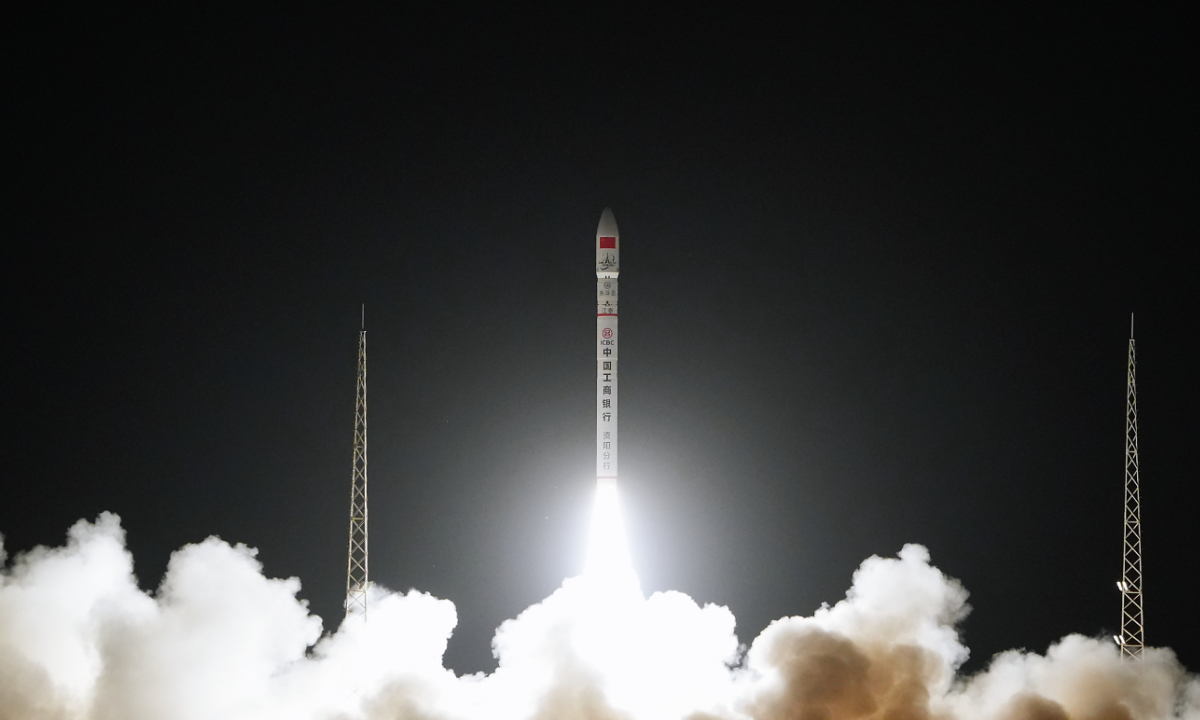
Galactic Energy's CERES-1 Y9 carrier rocket at Jiuquan Satellite Launch Center in Northwest China's Gansu Province on November 5, 2023 Photo: Wang Heng
Beijing-based private carrier rocket developer Galactic Energy said it had completed its most recent launch mission on Tuesday, sending two satellites into the twilight orbit, the company's first such launch.
CERES-1 Y9, Galactic Energy's self-developed carrier rocket, blasted off at 7:33 am from the Jiuquan Satellite Launch Center in Northwest China's Gansu Province carrying two satellites, TIANYAN 16 and STARPOOL 1A, delivering them into the planned twilight orbit at an altitude of 500 kilometers.
The twilight orbit is a special sun-synchronous orbit that allows satellites to realize continuous solar power supply.
The launch was Galactic Energy's 10th successful launch mission by the CERES series carrier rocket. Galactic Energy has launched 35 commercial satellites of various types for 16 clients, said the company.
The CERES-1 is a small-scale solid-propellant carrier rocket designed to send micro-satellites into low-Earth orbit. It's 1.4 meters in diameter and has a total length of about 20 meters and a takeoff weight of 33 tons. It can carry a payload of up to 300 kilograms into a sun-synchronous orbit at an altitude of 500 kilometers.
TIANYAN-16 was developed by Gengyumuxing Space Technology Co, a Chinese company, and it will be used in meteorological environment detection. STARPOOL-1A was developed by the Elipspace Technology Co, which belonged to the company's "Star Pool Project" made up of more than 100 satellites, and will be used in the sectors of energy infrastructure inspection, carbon emissions, disaster response and environmental detection.
In September, a launch by Galactic Energy's CERES-1 rocket failed to reach orbit. The company vowed to review its experience and better contribute to China's commercial aerospace industry.

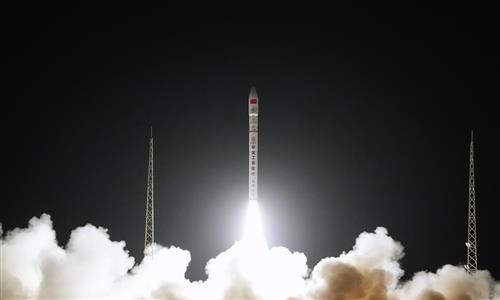
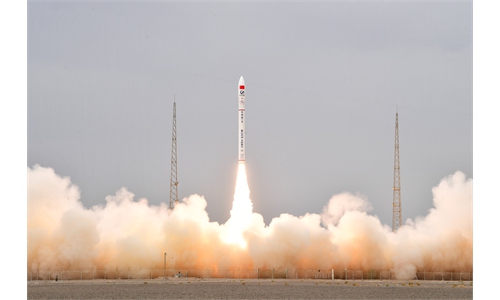
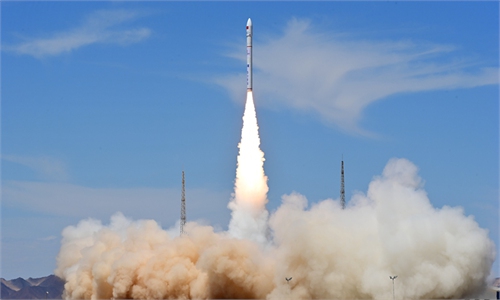
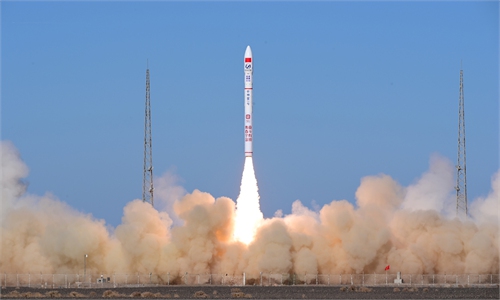
No comments:
Post a Comment